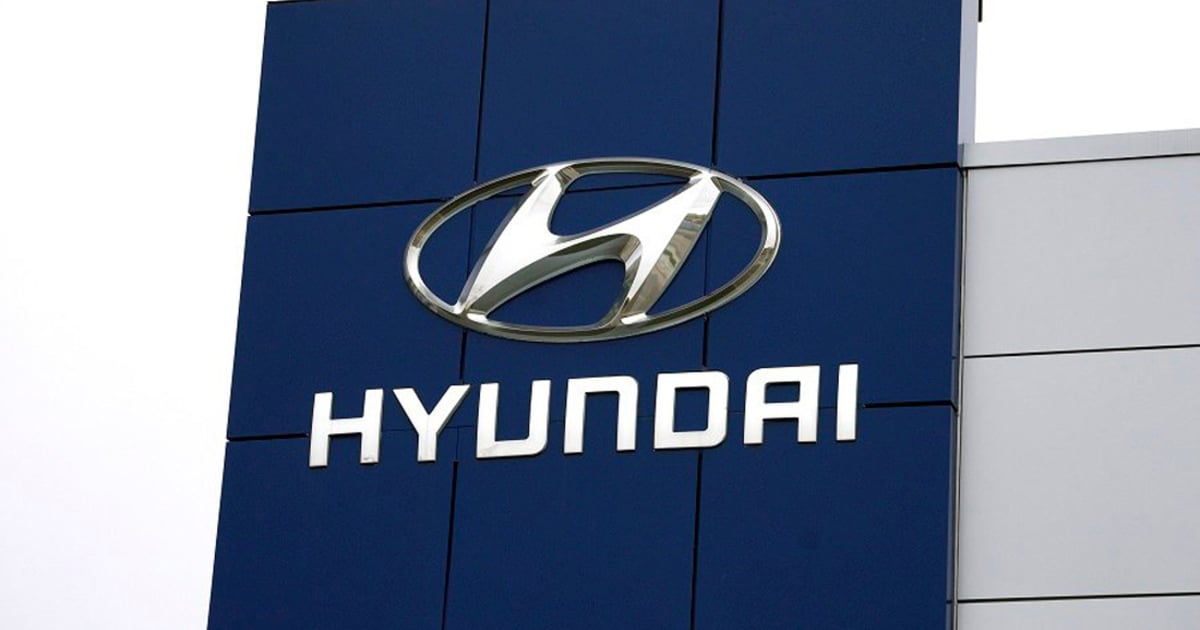
Hyundai Motor Group and battery partner LG Energy Solution will pour an additional $2 billion into the electric vehicle and battery complex currently under construction near Savannah, Ga., raising the total investment amount to $7.59 billion.
LG will assemble battery cells onsite at the EV factory — called Metaplant America — as part of a joint venture with the automaker. The total investment for the battery portion of the project is $4.3 billion, split 50-50 between the companies. It will have an annual battery capacity of 30 GWh.
The companies did not say how the additional investment will be spent. Hyundai announced in 2022 that it would invest $5.5 billion on the project.
The Hyundai-LG battery joint venture will create an additional 400 jobs for the site as part of the new investment, increasing the total employment at the Metaplant complex to 8,500 jobs.
Hyundai Mobis, a parts supplier owned by Hyundai Motor Group, will assemble the battery packs using cells from the plant. The batteries will be used to power 300,000 EVs that will be built at the site starting in January 2025. Six models from the Hyundai, Genesis and Kia brands will come from the plant.
Suppliers are investing $2.1 billion to support the Metaplant, creating 5,000 more jobs. Jose Muñoz, Hyundai Motor North America CEO, has been vocal about the importance of localizing Hyundai Motor Group’s supply chain in North America.
Hyundai and Kia both have existing U.S. plants. Hyundai’s factory in Montgomery, Ala., recently underwent upgrades for electrification and is now responsible for assembling the Genesis Electrified GV70 compact crossover. Upgrades at Kia’s West Point, Ga., facility are currently underway; it will build the upcoming three-row 2024 EV9 starting next year.
Kia also has a plant in Monterrey, Mexico, that builds the Kia Forte and Rio small cars. The company is expected to announce a large investment to also upgrade that factory for electrification, though Kia has not confirmed it.
Hyundai Motor North America spokesperson Michael Stewart told Automotive News the increased investment is also because of the success of Hyundai electric vehicles.
The automaker has nine EVs for sale in the U.S. across the Hyundai, Genesis and Kia brands and recently regained its position as the No. 2 seller of electric vehicles in the U.S. behind Tesla.
According to new-vehicle registration data from Experian, Hyundai Motor Group had 37,166 EV registrations through the first six months of the year. That lags Tesla’s 329,608 registrations but is more than the 34,259 registrations from General Motors across its Chevrolet, GMC and Cadillac brands.
Hyundai EVs were dealt a setback this year with the enactment of the Inflation Reduction Act, which eliminated the eligibility of imported EVs for a $7,500 federal EV tax credit.
Stewart said to increase sales activity without the federal incentive, Hyundai has been leaning on a provision in the law that allows the captive to pass the tax credit down to consumers who choose to lease the vehicles.
That strategy is helping boost sales activity. Leasing penetration is up from 3 percent last year to more than 30 percent, according to the automaker.

